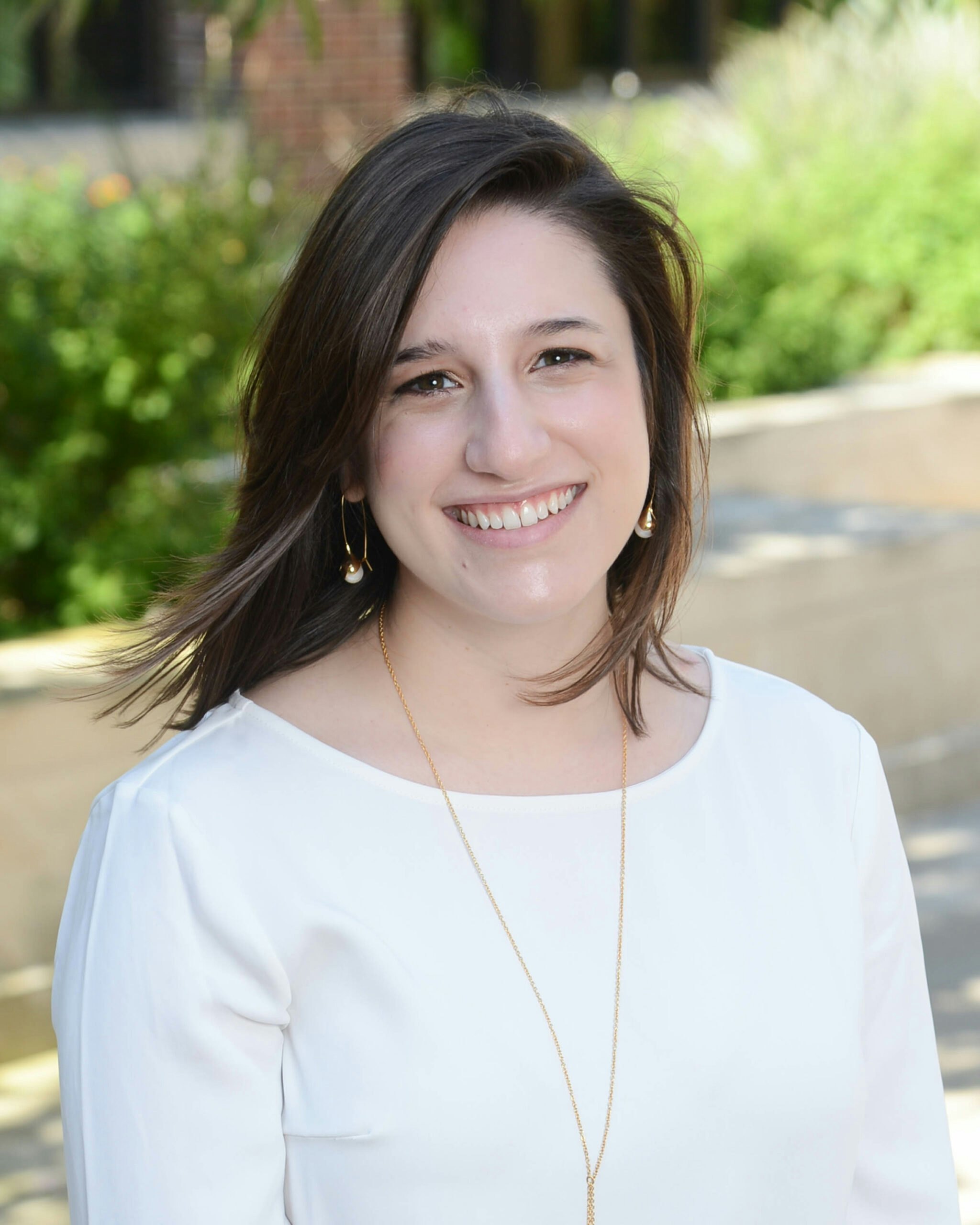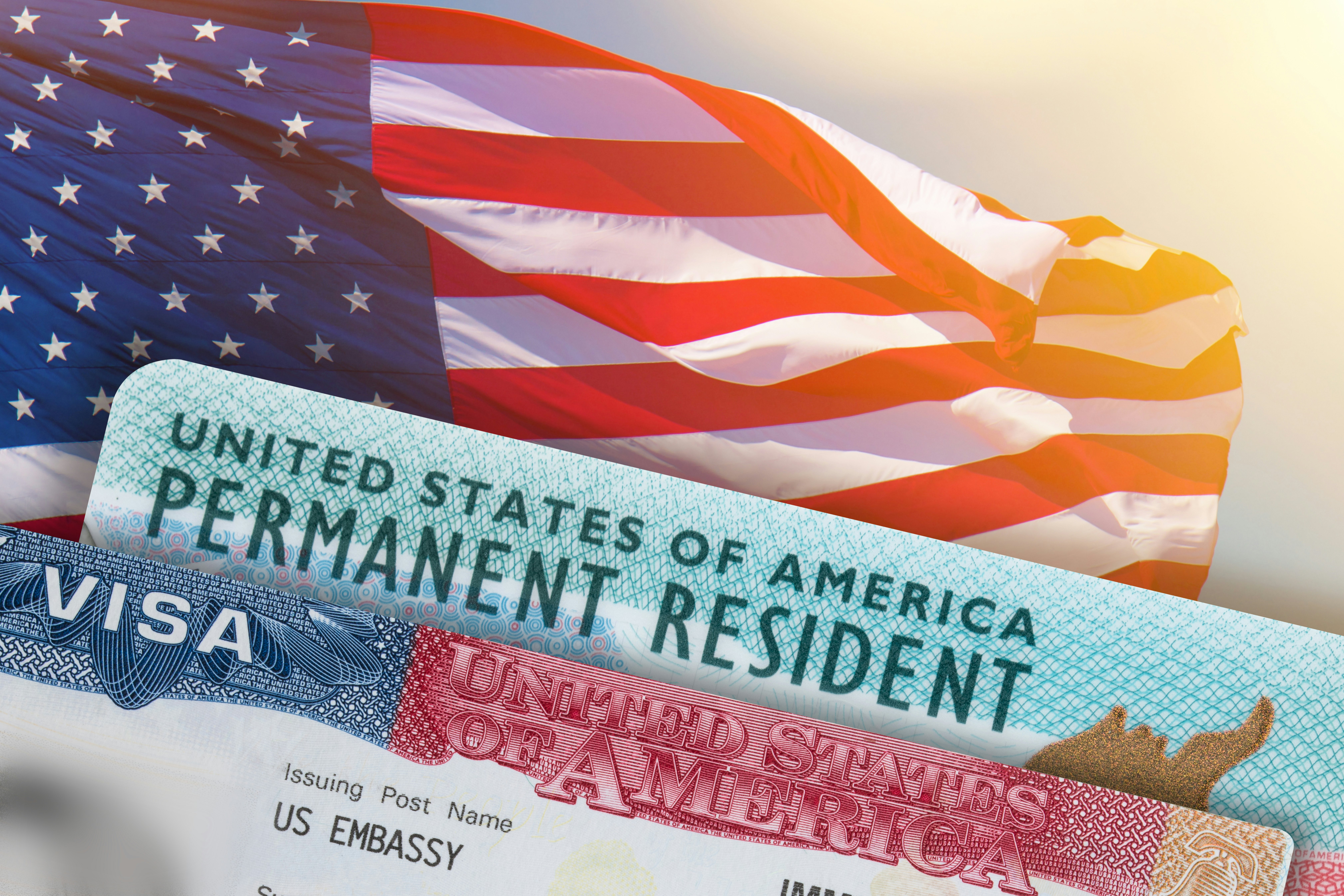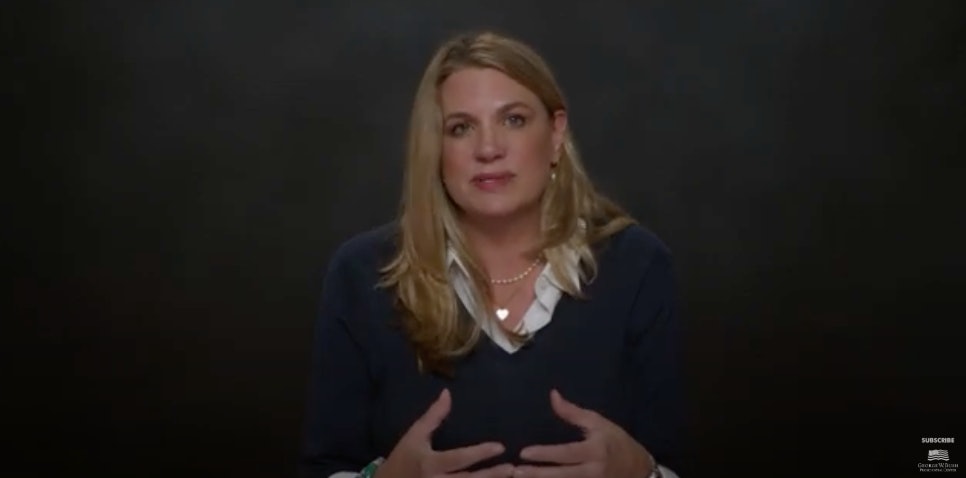Anna Grenda Dimou learned as a child that the U.S. was more than a tourist destination: it was a place to find meaningful work.
Stories from American Immigrants
This story is a part of the Bush Institute’s Stories from American Immigrants series that looks at different ways immigrants contribute to the U.S. and its economy. Read the report
More Stories
Juan Carlos Hernandez: Protecting America while Becoming “American”
Farhat Popal: How Americans Save a Spot at the Table
Tulip Nandu: From India to Indiana to Dallas in Pursuit of Higher Education
A white card with big black letters defined the journey that Anna Grenda would take in 1974 to America. Without knowing English, she boarded a plane from Greece to Rome, Rome to New York and New York to Dallas. That card was her lifeline.
As she traveled through airports and maneuvered the “zoo” of New York, Anna would show the card that hung on her neck to people in uniforms.
“I went to those people [in uniform] and a lady took me and said, ‘You sit here until somebody with a uniform come and get you,’” Anna said. “That is how I got on airplanes.”
Anna came to the U.S. as a tourist to visit her brother who was living in Texas. A few months passed and she learned the U.S. was more than a tourist destination: it was a place to work. She filled out the necessary paperwork to get her green card and went back to Greece to wait out the process.
When Anna was much younger and had finished the sixth grade in Greece, she was told she wasn’t “smart enough” to attend high school. So she left her home and traveled to Athens to live with her father. A lady across the street taught Anna to make clothing. After spending a few years with her, Anna went to trade school and received her diploma to make patterns and take measurements.
In 1980, with her U.S. green card in hand, Anna came back to the U.S. This time she entered the country as a worker. She traveled back to Dallas and got a job as a seamstress at a popular store in a ritzy area of town. By taking apart clothing with her scissors and sewing them back together she quickly learned the key traits needed to tailor clothing.
“If I did not work, I did not make it,” she said. “I had to work very hard to pay all my bills. I did not expect my government to pay me nothing, not a dime.”
Anna is not alone in those sentiments. According to “America’s Advantage: A Handbook on Immigration and Economic Growth” from the George W. Bush Institute, seventy-two percent of immigrants to the U.S. believe hard work is how you succeed in America, and immigrants are responsible for half of the U.S. labor force growth over the last decade.
Along with learning how to be a seamstress, Anna taught herself English. She would watch Sesame Street on PBS, go to English lessons at a Baptist church down the street from her home, and spoke English with the boutique’s customers. Anna made a life for herself in Dallas. She married, changed her name to Anna Grenda Dimou, and started raising a family.
In 1989, after being married for a few years and with her second child on the way, Anna was called in to take her U.S. citizenship test. When she was asked why she wanted to become a U.S. citizen she pointed to her stomach and said, “For my children.”
“I feel more American than Greek. That is sad, but it’s true,” she said. “I am proud. I did what I did because I wanted to stay. You have to like what you do. If you don’t, you won’t go far.”
After 11 years being at the boutique, Anna and her husband, also a Greek immigrant, decided to open their own store. According to the Bush Institute Immigration Handbook, Immigrants are known to start new businesses at a higher rate than native-born Americans. These small businesses boost America’s labor force and create economic growth. In 2013, immigrant-owned business owners had aggregate earnings of $65 billion, and the sub-group of “Main Street” business, small grocery stores etc. had aggregate earnings of $13 billion.
While pregnant with her third child, Anna and her husband relied on word of mouth and some mailers to spread the word of her new business. Within a year, Anna was able to turn her store into a successful business.
The fearless teenager who first entered the United States accomplished the “American Dream.” She still owns her store, and it is still extremely successful. More importantly, she has provided a life for her children that they would not have had in Greece. While it required hard work, determination, and courage, Anna has made America her home.
































